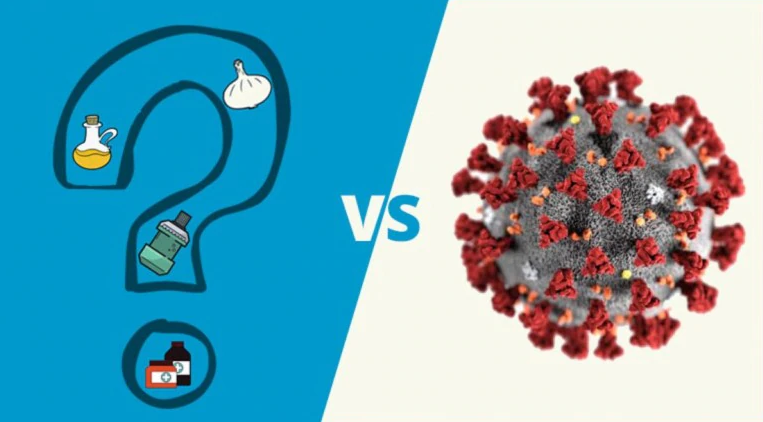
How does SARS Covid-19 affect the health heart?
The damage that the coronavirus can produce in the heart is not only through thrombotic phenomena, but it also produces direct damage, affecting both the arteries (it would condition acute myocardial infarction) and the heart muscle (arrhythmias or heart failure).
Of all patients infected by Coronavirus, 40% are asymptomatic compared to 60% symptomatic (28% of these require admission to intensive care areas) and many of them die, especially patients with previous pathologies or the elderly.
The main symptoms of SARS-CoV2 are fever, cough, and shortness of breath, and other less common symptoms. Cardiovascular diseases such as heart failure or arrhythmias are the most common comorbidity in patients affected by Covid-19. They are present in all phases of the disease and condition mortality.
Clotting, thrombus formation, and heart failure
The pathophysiological mechanism by which the virus affects the cardiovascular system is not fully established, but it has been described that the virus generates altered coagulation, which conditions the formation of thrombi, with platelet aggregation, causing an increase in stroke, infarction myocardial or peripheral thrombosis.
The virus also causes direct damage affecting the arteries and the heart muscle, increasing the possibility of acute myocardial infarction, arrhythmias, or heart failure, even in patients without previous heart disease. Heart attacks are not as common as strokes, but they have been shown to kill five times more than SARS-CoV2 patients.
For this reason, patients affected by the virus in advanced stages or at increased risk of thrombosis should be anticoagulated to prevent complications. Whereas, patients with previous heart failure have a higher risk of being admitted to the intensive care unit and require greater care.
Patients with previous pathologies
It has been seen that patients with previous cardiovascular disease (arterial hypertension, diabetes mellitus, or previous heart disease) and patients with obesity have a worse prognosis.
And it has been described that among patients admitted with Coronavirus, the percentage of patients with a cardiovascular history reaches up to 40%, including cardiovascular disease (15%), hypertension (15%), and diabetes (20%).
Also, age older than 60 years, male sex, and the presence of comorbidities are the main factors associated with the severity of the SARS-CoV2 condition and mortality.
Medium and long-term cardiac consequences
The effect of Covid-19 in the acute phase of the disease has been studied, but its effect in the medium-long term is unknown. Cardiac MRI studies have been performed after the acute phase, and involvement of the cardiac muscle with decreased left ventricular function has been described above all, which could lead to long-term cardiac complications.
Also, it has recently been described that patients with mild infection in the acute phase, at three months of follow-up may present multiorgan involvement, which highlights the importance of close follow-up in patients.
Everything described, associated with the great impact that the pandemic has had on the health system, indicates the need for continued investigation of the long-term cardiovascular consequences of the Coronavirus and the different consequences that it can leave.
What you should know…
- After 10 days of the disease, an inflammatory response predominates, affecting various organs, including the cardiovascular system.
- It has been seen that patients with previous cardiovascular disease (arterial hypertension, diabetes mellitus, or previous heart disease) and patients with obesity have a worse prognosis.






